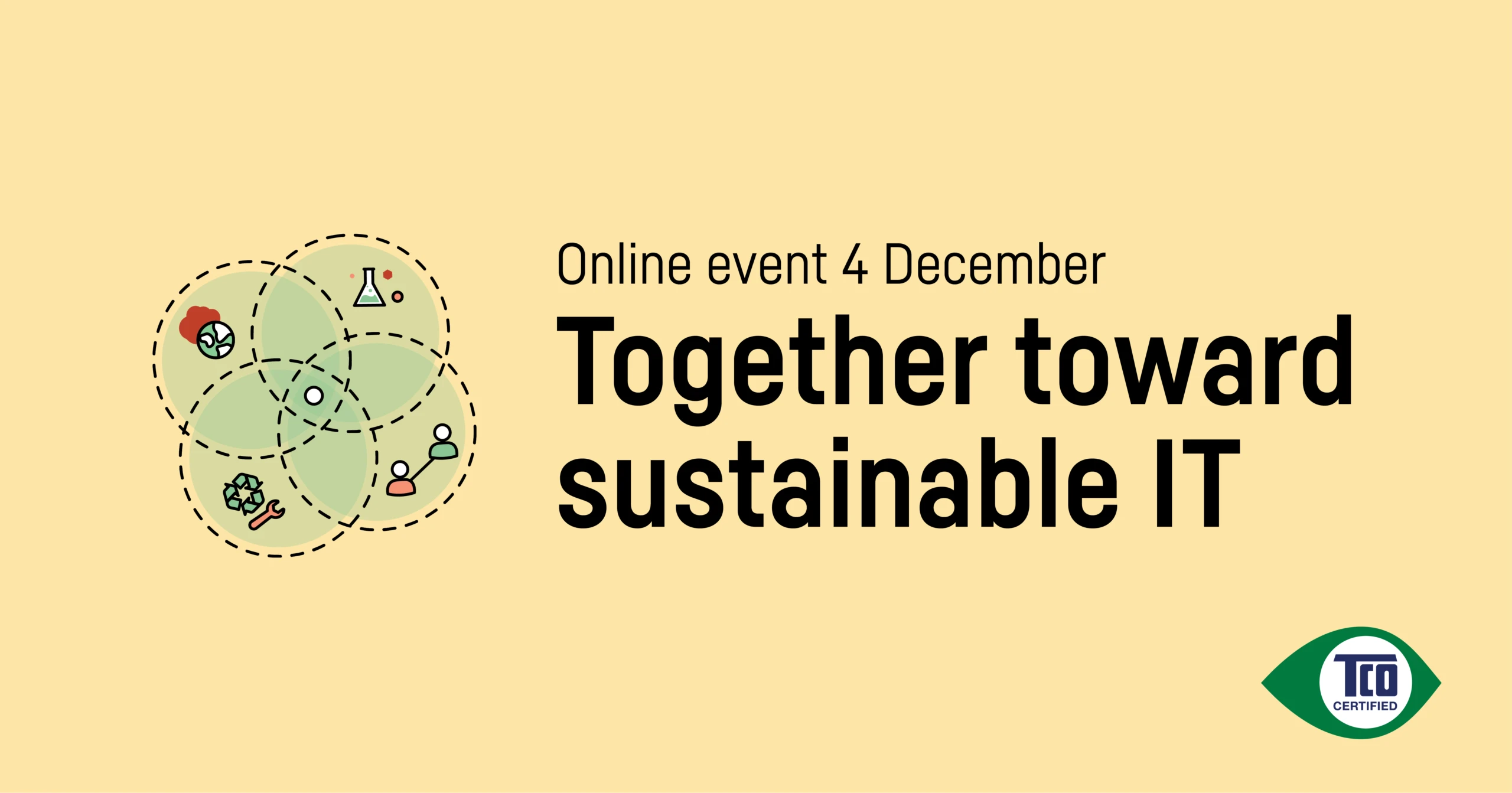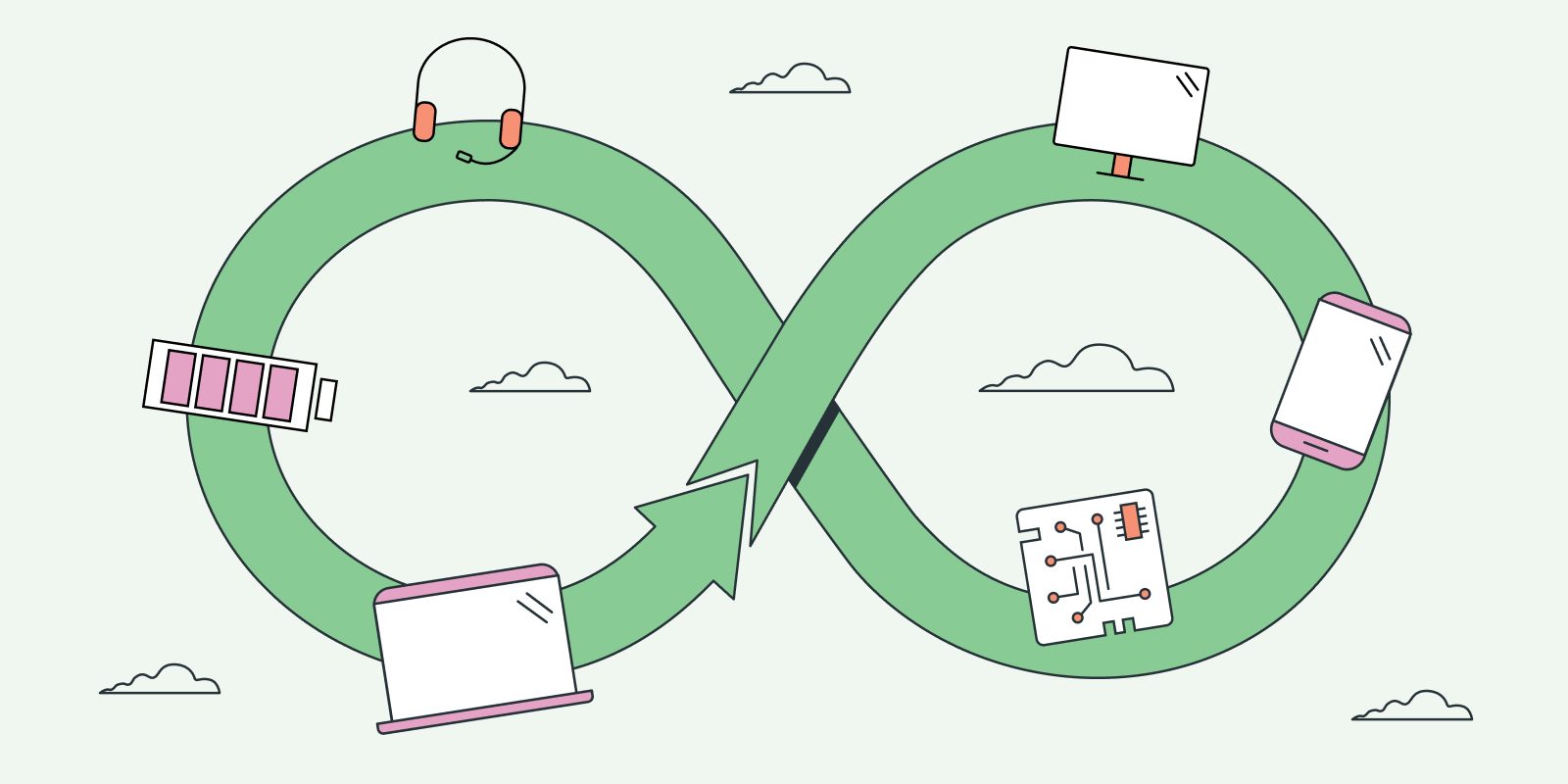E-waste tops the sustainability agenda and is one of the recurring talking points when addressing the circular economy. We recently hosted an online seminar on e-waste and invited a group of experts to talk about the issue. To follow-up on the questions received, we decided to let the experts answer your questions in this blog series.
Sofia Nygård, Head of Unit at Chalmers University of Technology, answers questions asked during our webinar How to reverse the growing negative trend of e-waste.
How do the responsibilities of purchasers and manufacturers differ in terms of e-waste?
Without a sale there is no problem. Of course, as purchasers, we have a huge responsibility to make sure that the equipment we buy is used as long as possible, but also recycled responsibly.
How long a warranty can purchasers ask for in terms of durability of an IT product?
For desktops, a minimum of five years and laptops three to four years. If you are not able to use a computer after you’re done with it, make sure you have a contract with a reseller that can give your products some extra years of use.
Do you have any suggestions on good criteria/reports/procurement processes to prevent and manage e-waste?
First of all, establish criteria for TCO Certified to make sure that the IT product is manufactured as responsibly as possible. Second, have a criterion that your reseller should collaborate with you when it comes to sustainability.Third, include an option to have a reseller take care of your old equipment and try to give it a new life cycle.
What is the main problem with e-waste?
The ease with which IT products can be purchased; rapid delivery and low prices. There is also a lack of information regarding the responsibility you have as a buyer when purchasing a product.
How do you suggest this problem is tackled?
Make it easier to do the right thing. Here are some examples of things we have done that were successful: invite all students and employees to hand in their old IT equipment to our reseller, the money raised for private equipment can be donated to charity. Create a website where you can easily find information on chargers, adapters etc., that are no longer in use to make it cheaper and easier to fix products rather than buying new.
What is your final message on what should be done to reverse the negative growing trend of e-waste?
Use the KISS, (Keep It Simple, Stupid), principle and be brave!
More answers from our panelists
Pascal Leroy on the importance of enforcing regulations for e-waste
Sofia Nygård wants IT buyers to keep it simple and be brave
Joost de Kluijver calls for circular solutions for e-waste
Andreas Rehn talks about circular actions to reduce e-waste




